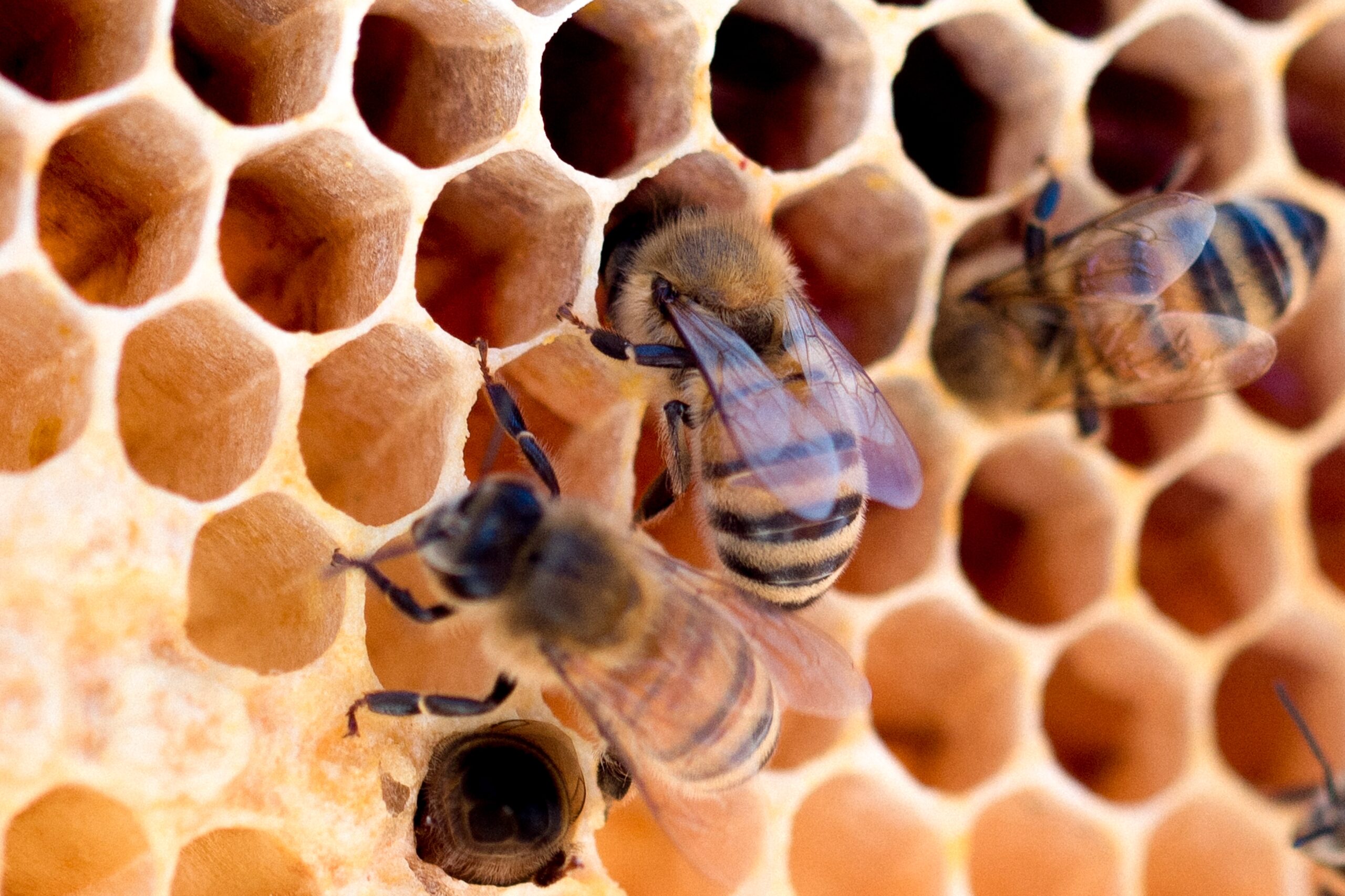
01 Apr Achieving and Mental Health
How often do you celebrate your achievements? Recognising and celebrating then is a vital part of being human, and maintaining our mental health. In the Human Givens model, everything comes back to needs, and the importance of getting them met to feel grounded, fulfilled and secure in life. A sense of achievement is one of those needs: we need to feel that we are moving forwards and achieving something. But how often do you really notice that you are doing it?
I’m guilty of not doing this myself. Recently I heard that I had achieved a qualification I had been studying for four years. I initially was all excited when I heard, but within hours had moved into planning the next step. Then, I suddenly stopped and thought to myself, Paula, what are you doing??! You’ve been working towards this for four years and you are jumping straight into another set of tasks and to-dos. It’s time to just pause and acknowledge all that work.
So my first question for you is how often do you celebrate your own achievements, in life and in business?
Small Achievements Add Up
It’s also helpful to notice our small achievements along with the bigger, more obvious ones. It’s easy to spot our achievements when they are big things in life, like passing exams or getting a new client. However, it’s all too easy to forget about taking note of our smaller achievements, like having that difficult conversation with an awkward customer, posting consistently on social media and not getting distracted by it, or just getting out for a walk in our lunch break.
If noticing our big wins can help us really feel that sense of achievement, think about what focusing on those small wins every day could do. A to-do list is a good place to start, really relishing those moments when you take that pen and run through an item, or just delete it into netherspace. Additionally, you can start noting down your small wins as you do them, especially if they are not the things you’d put on your list. Even managing to stop and daydream for five minutes can be seen as an achievement.
Pretty quickly, you’ll start to realise how much you really do accomplish, and how all those achievements really do add up.
Noticing Others
I’ve been talking about how noticing our own achievements can boost our mental health but this is also something we can do for others. If you’re a parent, this can be transformative. Of course, anyone who is managing staff knows that this is good leadership.
A recent Gallup survey has linked feeling recognised in the workplace with feeling more connected, more productive and more engaged, all good reasons to be doing this. It also found that those people who felt recognised for their work were more likely to see a future within that organisation for themselves. Of course, we know this already. It’s just common sense, but these findings hammer home the need to do it.
So, my challenge to you is to do this for someone today. I promise you will both feel good about it.
Finally…
There is a trap with being too achievement orientated, and that is that we can become obsessed with ticking things off our to-do list to the detriment of other things. In a recent interview for my mental health for entrepreneurs series, James Eves, co-founder of Work Pirates, mentioned that resting is an achievement, and that’s something that really resonated with me.
I know it also applies to many of my clients. In the past, many of my psychotherapy clients have talked about seeing something like their yoga class as something they have to do, or setting aside the time to relax and finding that they just can’t get into that space. Pondering this, I’ve noticed the top three things that really help me to relax in the midst of a typical day. They are:
1. Slow breathing. Breathing into my tummy for a count of 7, and then out for 11, which really helps me step into that space.
2. Inviting one of my cats onto my lap and listening to them purr.
3. Taking a cuppa into the garden and watching the birds.
My final question is what could this be for you? What simple actions can you do, every day, that can help you slow down and rest – achieve in a different way?
If you feel like you’re on a hamster wheel you can’t get off, do contact me to arrange a call to see if it would help to do some work together.
